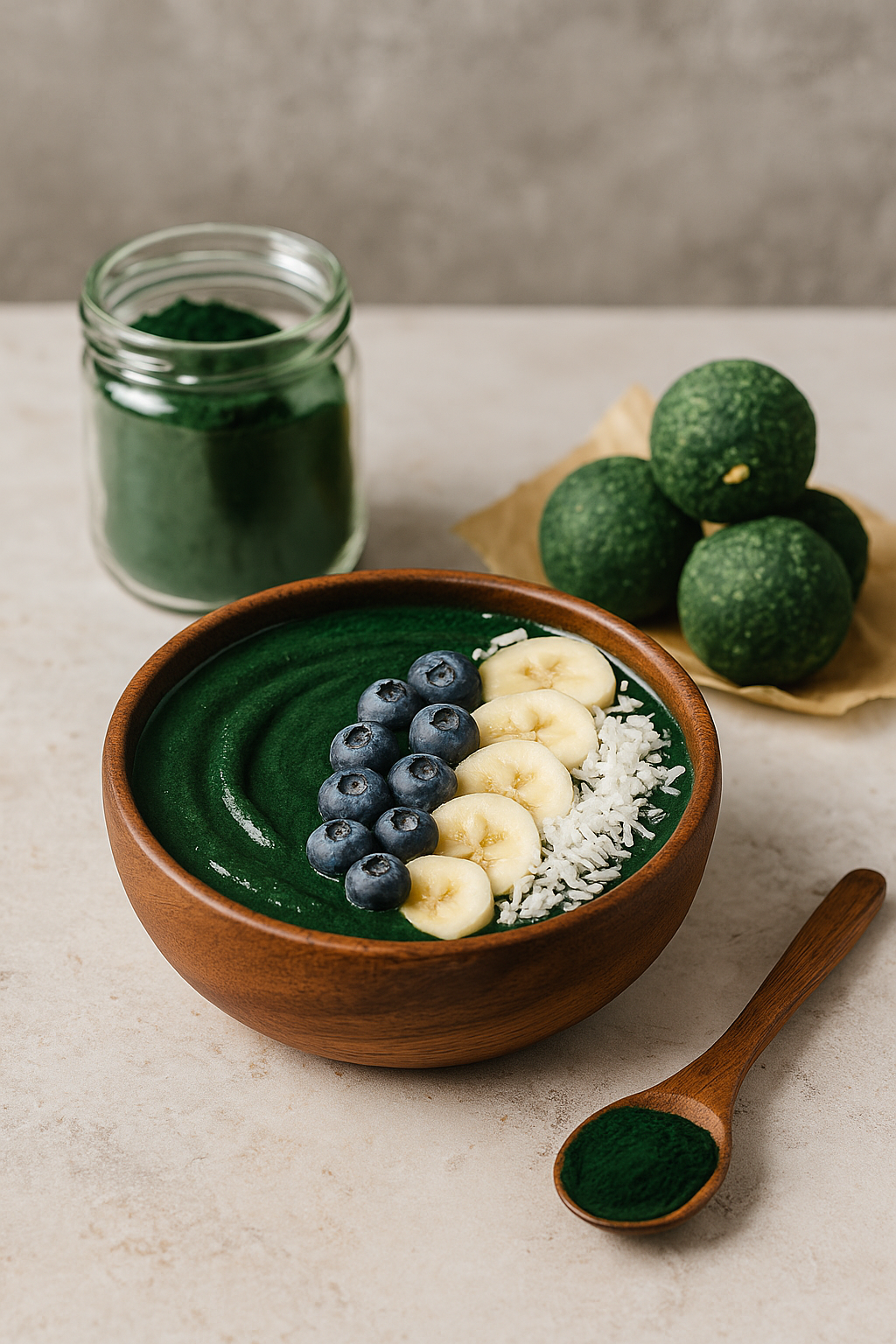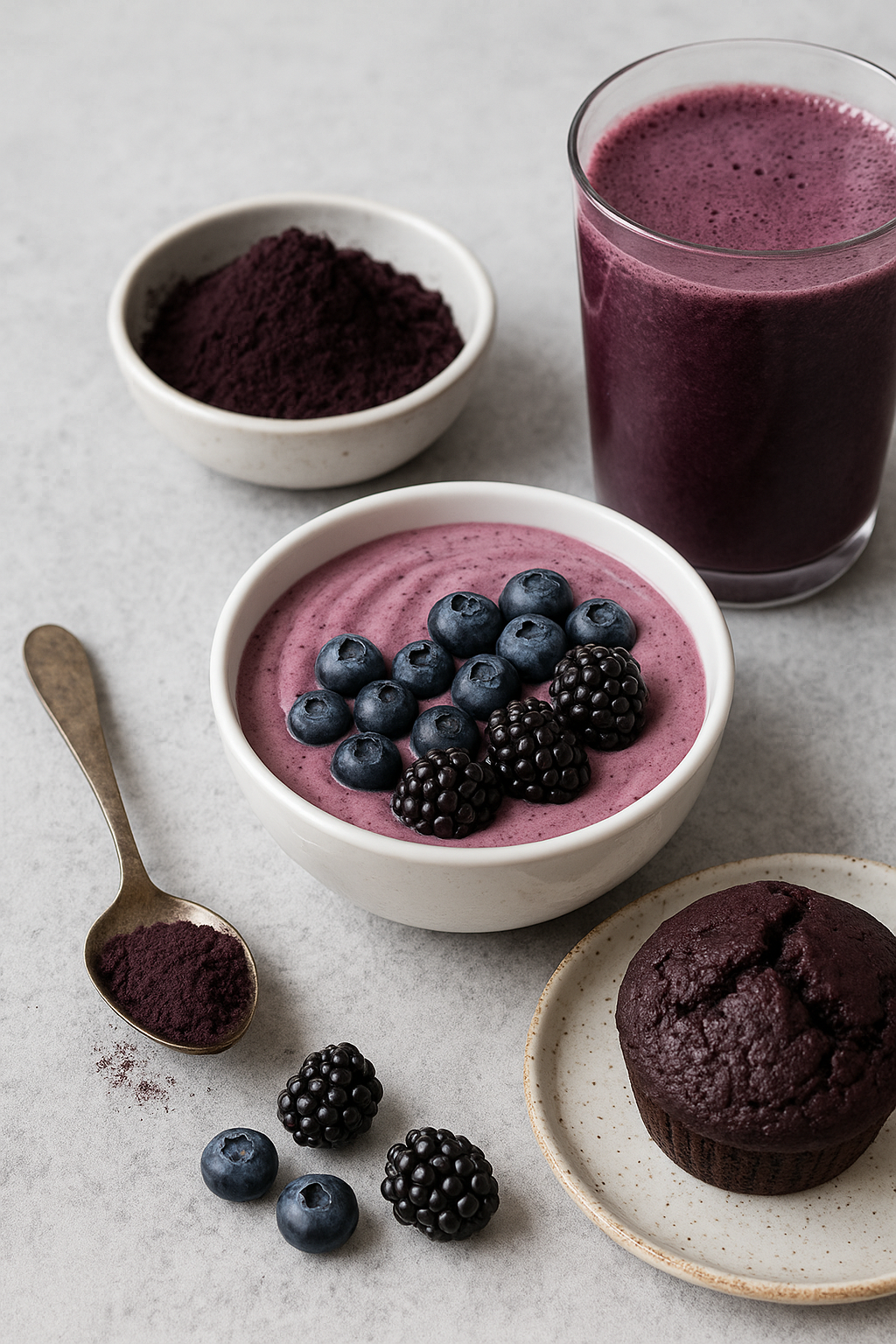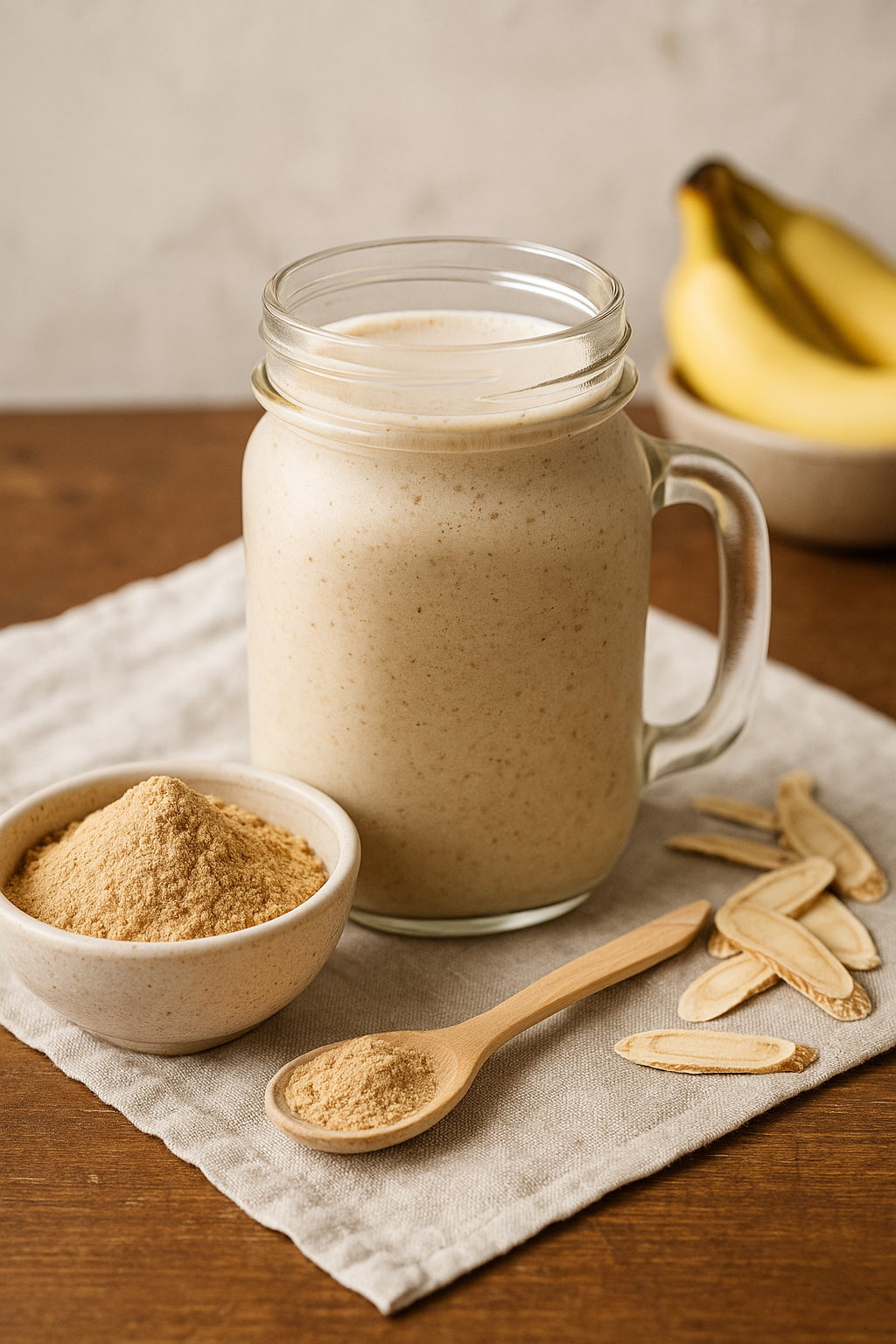When it comes to natural superfoods, few have gained as much attention in recent years as spirulina. This vibrant blue-green algae is often praised as a nutritional powerhouse, with many turning to it not just for overall health, but also for support in weight management. The question remains: how much weight can you realistically expect to lose with spirulina? As more people look for natural supplements to complement their diet and exercise routines, spirulina has found a place at the center of wellness discussions. In this article, we’ll explore what spirulina is, its nutritional profile, how it may aid in weight management, and practical ways you can incorporate it into your lifestyle.
What Is Spirulina?
Spirulina is a form of blue-green algae that has been consumed for centuries due to its dense nutrition and wide range of health benefits. Today, it’s most commonly available as a supplement in powders, tablets, and capsules, and can even be added to juices and smoothies.
One of spirulina’s biggest draws is its organic quality when sourced responsibly. Choosing organic spirulina ensures purity and avoids contaminants sometimes associated with algae harvested in poor conditions. Natural extraction methods are typically used to preserve its rich nutrient profile, making it one of the most trusted supplements for those seeking an organic benefit in their diet.
Nutritional Profile of Spirulina
Spirulina has earned its reputation as a superfood because it’s densely packed with nutrition despite being low in calories. A single serving can provide:
● High-quality protein (containing all essential amino acids)
● B vitamins (especially B1, B2, and B3) that support energy metabolism
● Minerals such as iron, calcium, and magnesium
● Antioxidants like phycocyanin, which fight inflammation and protect cells from oxidative stress
This nutrient-rich profile offers multiple health benefits, including increased energy and reduced inflammation. While spirulina doesn’t directly “burn fat,” its high protein and antioxidant content may support weight management indirectly by encouraging satiety, supporting metabolism, and keeping energy levels stable.
How Spirulina May Support Weight Loss
Spirulina can play a supportive role in a healthy weight management plan. Some of the ways it may help include:
● Appetite suppression: Its high protein content helps keep you fuller for longer, reducing the urge to snack.
● Metabolism support: Nutrient density and antioxidant activity can encourage efficient energy use.
● Energy enhancement: By providing essential vitamins and minerals, spirulina can help fuel workouts and daily activity.
It’s important to note that spirulina works best when paired with a balanced diet and exercise.
Itshould be viewed as a natural supplement that enhances, rather than replaces, healthy lifestyle habits.
How Much Weight Can You Expect to Lose?
Here’s the honest answer: spirulina by itself won’t cause dramatic weight loss. Research is still developing, but current evidence suggests that spirulina can support modest weight reduction when combined with healthy eating and exercise. Some users report losing a few pounds over several weeks when spirulina is included as part of a structured weight management plan.
Results, of course, vary widely depending on factors such as diet quality, activity levels, and individual metabolism. Think of spirulina as a valuable supplement that enhances your routine, rather than a standalone solution.
Practical Ways to Incorporate Spirulina
Adding spirulina to your daily life is easier than you might think. Here are some simple ideas:
● Smoothies or juice: Blend spirulina powder with fruits, vegetables, or even chlorella for a nutrient-packed drink.
● Water or teas: Stir a small amount of powder into water or herbal teas for a quick boost.
● Capsules or tablets: For those who prefer convenience, supplements are available in pill form.
When choosing spirulina, look for organic and natural extracts to ensure you’re getting the highest quality product free of contaminants.
Precautions and Final Tips
While spirulina is safe for most people, it’s important to check with a healthcare professional before starting if you have allergies, autoimmune conditions, or are pregnant. As with any supplement, moderation and quality sourcing are key.
For best results, pair spirulina with a balanced diet, regular physical activity, and realistic expectations. When integrated into a healthy lifestyle, spirulina can be a powerful ally in your wellness journey.
The bottom line: As a nutrient-rich algae supplement, spirulina can support modest weight loss, improved energy, and overall health. For those seeking a holistic approach, Unleash’d Organic’s Spirulina powder can be a simple and effective way to boost your wellness routine.
How much spirulina should I take daily?
Most health professionals recommend 1–3 grams per day, though some studies use up to 10 grams.
Is spirulina better in powder or tablet form?
Both forms have the same nutrition and health benefits. Powder is versatile for smoothies and juices, while tablets are more convenient.
Can spirulina be combined with other supplements like chlorella?
Yes! Many people use spirulina with chlorella since both are nutrient-dense algae that complement each other well.
Are there any side effects?
Mild digestive upset can occur, especially at higher doses. Always choose organic spirulina to minimize risks of contamination.




Leave a comment
This site is protected by hCaptcha and the hCaptcha Privacy Policy and Terms of Service apply.